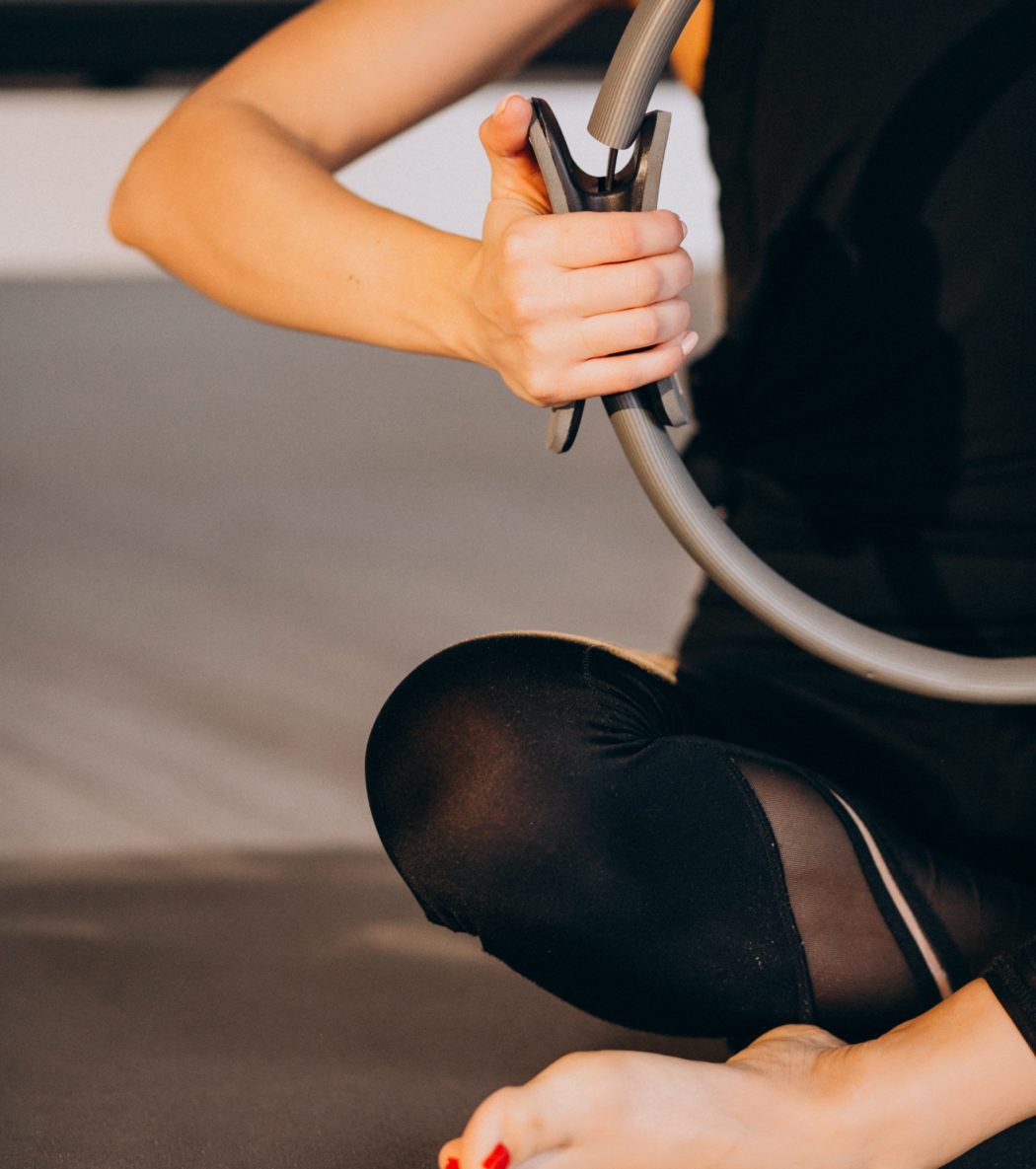Self-confidence is an essential element for success in life. It enables us to make important decisions, achieve our goals, and face challenges with confidence. However, for many people, self-confidence is a real challenge. Past experiences, comparisons with others, limiting beliefs and negative thoughts can all contribute to low self-esteem. Fortunately, it is possible to increase self-confidence by adopting certain habits and changing your self-perception.
Understand the causes of low self-confidence
To increase self-confidence, it is important to understand the possible causes of low self-esteem. Some people may have low self-confidence because of past experiences, such as failure at school, loss of a job or a break-up with a lover. While others may constantly compare themselves to others and feel inferior as a result. One may often feel that one is not competent or worthy enough to succeed.
Understanding the causes of low self-confidence is an important first step in increasing self-confidence. To identify the causes of low self-confidence, it may be helpful to keep a negative thought diary or to look for recurring thought patterns. Once the causes have been identified, it is important to start working on changing negative beliefs and limiting thoughts. This can be done by practizing self-compassion, giving yourself permission to make mistakes, and surrounding yourself with positive and supportive people.
Recognizing strengths and weaknesses
Subsequently, recognising our strengths and weaknesses can help us to improve our self-confidence. By identifying what makes us unique and competent, we can learn to appreciate ourselves more and focus on our strengths rather than our weaknesses.
To identify strengths and weaknesses, it can be helpful to ask friends and colleagues for feedback, or to take time to reflect on our skills and achievements. Once strengths and weaknesses are identified, it is important to work on developing them. This can be done by attending training courses, reading books on the skills we want to develop, or seeking out mentors and role models who can help us grow and improve.
By recognizing and working on our strengths and weaknesses, we can increase our confidence and feel more competent in our interactions with others. We are then better equipped to make important decisions and to face challenges with confidence and conviction.
Overcoming negative thoughts
Negative thoughts can easily sabotage our self-confidence. To increase our self-esteem, it is important to learn to recognise and overcome these negative thoughts.
To start with, it can be helpful to become aware of our thoughts and write them down. This helps us to step back and look at them more objectively. Once we have identified the negative thoughts, we can replace them with positive and more constructive thoughts. For example, instead of thinking “I’m not good enough”, we can replace this thought with “I’m doing my best and learning every day”.
It is also important to focus on the present rather than the past or the future. By focusing on the present moment and practising mindfulness, we can learn to appreciate the present moments and reduce the impact of negative thoughts.
Finally, it can be helpful to seek help from a mental health professional if negative thoughts are having a significant impact on our daily lives. A therapist can help us identify negative thought patterns and learn techniques to overcome them.


Our best practice
Taking care of yourself
Taking care of ourselves is an important step in increasing our confidence. By taking care of our bodies and minds, we can feel stronger, more energised and more confident in our appearance and our ability to face challenges.
This can include activities such as exercise, meditation, creative hobbies, or reading inspirational books. Taking care of our bodies by eating well and getting enough sleep can also have a significant impact on our confidence.
It is also important to set goals and work towards them. This can help us feel more competent and confident in our abilities to meet challenges and succeed in our endeavors.
Developing your skills
Developing new skills can be a great way to increase confidence. By learning new things and acquiring new skills, we can feel more competent and confident in our ability to take on challenges.
It is important to choose skills that really interest us and that are in line with our values and passions. This helps us to stay motivated and enjoy learning.
It can also be useful to set achievable goals for each skill we want to learn. For example, if we want to learn a new language, we can set a goal to learn a certain amount of vocabulary every day. By achieving these goals, we can feel more confident and motivated to continue developing our skills.
Finally, we should not be afraid of failure. When we learn new skills, it is normal to make mistakes. It is important to see these mistakes as learning opportunities and to keep persevering despite the obstacles.
Asserting yourself
Assertiveness is an important part of self-esteem and self-confidence. It involves standing up for our own opinions, setting healthy boundaries and clearly communicating our needs and desires.
To begin with, it is important to be aware of our own values and what is important to us. This can help us to set our own boundaries and communicate them clearly to others.
It is also important to take care of our own needs and not be afraid to say “no” when we need time for ourselves or when something does not fit our values or limits.
In asserting ourselves, it is important to communicate clearly and respectfully with others. This means saying what we think and feel in an honest and open way, without being aggressive or offensive.
Finally, it is important not to be afraid to ask for help or support when we need it. Being assertive does not mean being independent at all times, but rather knowing when we need support and being able to ask for it.





